#yes. every poem reminds me of a gluck poem.
Note
tumblr. com/ starofhisheart/ 708056674165014528/ why-does-this-sound-like-it-could-be-a-literal
thought you might enjoy these poems if you havent seen them already...... first one somewhat eichel coded perhaps
"You are a walking representation of survival in motion ... a flower with the strength to bloom in the dead of winter." (x)
Kinda reminds me of Louise Glück's poem Sunrise:



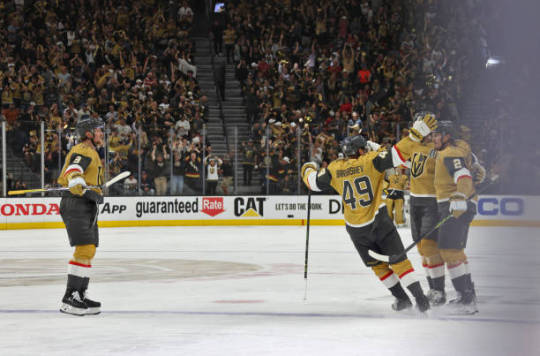



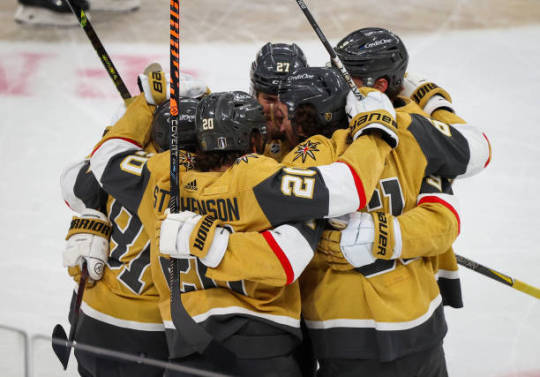

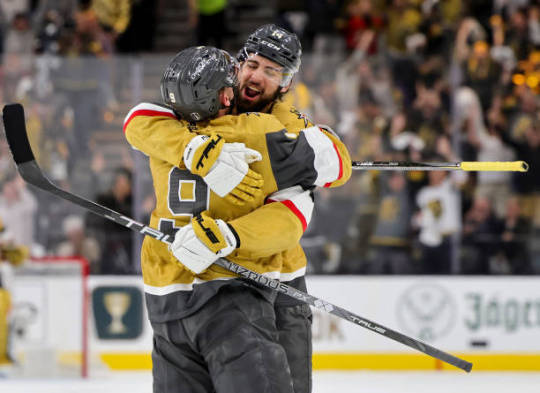

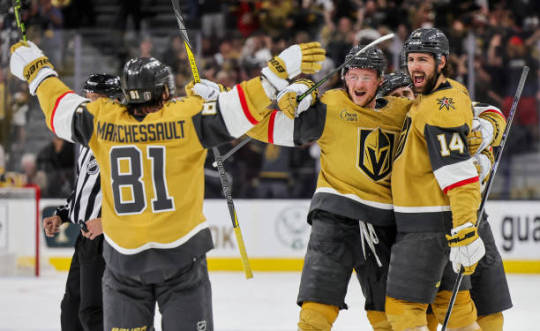

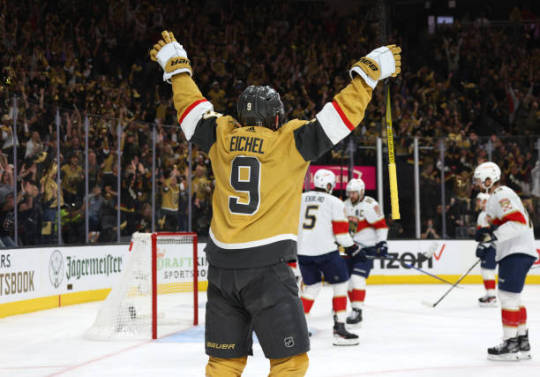






#yes. every poem reminds me of a gluck poem.#and every poem is now about jack eichel#this is just how I live my life these days#but thank u for the lovely poems anon#sorry im Like This#HAPPY JACK#LOVED AND APPRECIATED#SO IMPORTANT TO ME#EICHEL EICHEL EICHEL EICHEL#jack eichel#vegas golden knights#hockey poems
22 notes
·
View notes
Text
The Wild Iris
I love poetry. I love poetry, and yet somehow manage to forget this until I am in the middle of reading poetry. I don’t know why, I’m usually not the type of person to forget I like things, or activities. But in this particular way, I am a bit silly, and then I’m reading Goblin Market to Jewlet and remember, “Hey, I actually dig this stuff.”
Anyway, I owe @miscanthusroots an extra and she asked if I would mind doing Louise Gluck’s collection of poetry, The Wild Iris, and even agreed to send me a copy to use when I had difficulty finding a copy that wasn’t too spendy.
I don’t have to tell you The Wild Iris is good, because it won a goddamn Pulitzer, and if something wins the Pulitzer the very least you can do is sit up and listen, but technical merit does not necessarily make something beautiful on a personal or individual level. So I wasn’t sure how I was going to experience the book. I’ve read Gluck’s work before but not necessarily a great amount of it, and, so far as I recall, not an entire book of her work.
Anyway, I suppose I’m dancing around the fact that it’s in some ways extremely difficult to talk about a book of poetry. Do you take apart each poem individually? I don’t have the time to do that, for this four hour chunk of writing about it, and so the best I think I can do is offer up my thoughts on the collection on the whole. I should say, that I am not a specialist in poetry at all, and though I had to study it to some small degree in college, I certainly don’t have the breadth of knowledge that someone who is very involved in poetics would.
There’s a thread in the collection of the natural world and prayer, the natural and the divine, and I think to some extent, the idea of God as gardener, but also us as gardeners of the world ourselves, planting and creating like small gods, but ALSO God as the garden himself. I had to read this collection like four times before I really came around to this idea, and came to very much like it.. The Matins and Vespers poems are (obviously) us talking to God, and I think the not-flower poems are God talking back to us.
Honestly, if you read the collection in the way one would read a novel, a conversation comes out of it easily--the first time I read it I wasn’t paying attention to this, I was reading them a bit scattershot, all taken as individual poems--but it’s this tangle between us and God, and the complication of our relationship with each other.
In the poem Retreating Wind:
I gave you every gift,
Blue of the spring morning,
Time you didn’t know how to use--
You wanted more, the one gift
Reserved for another creation
One of many poems titled Matins:
...You want to see my hands?
As empty now as at the first note.
Or was the point always
To continue without a sign?
Field Flowers:
….Your poor
Idea of heaven: absence
Of change. Better than earth? How
Would you know, who are neither
Here nor there, standing in our midst?
Now it was the flower poems themselves that gave me pause, the idea of the natural world, acted on by both God and man, commenting on the nature of life and death and the relationship between God and man, they read at turns deeply critical of man’s striving for immortality, of the human way of defining weeds and flowers , and how they can never truly understand what it is to live and die and live again,
So I had to go find out if Louise Gluck was Jewish, based on the impressions I got from her writing about God, sure, but what actually made me think about it was the way “God” in the poems speaks about us--there are plenty of Christians that struggle with God, but there’s a very certain way of looking at God as desiring us to overcome him and become him that I really only ever see in Jewish writings and stories. When I first thought this, I immediately then thought, “Nah, couldn’t be, she’s used Matins and Vespers throughout the book” but then I considered that I have been known to use Cathlic imagery myself simply because so many more people are familiar with it. Far and few are the goyim who recognize shacharit and maariv as anything at all. Anyway she is! On a personal level, I dunno, but we can’t get away from the viewpoints we’re raised with in many ways, and I was delighted to find out I was correct. Retreating Light is I think the best and clearest example of what I’m talking about.
You will never know how deeply
It pleases me to see you sitting there
Like independent beings,
To see you dreaming by the open window,
Holding the pencils I gave you
Until the summer morning disappears into writing
Creation has brought you
Great excitement, as I knew it would
As it does in the beginning
And I am free to do as I please now,
To attend to other things, in confidence,
You have no need of me anymore
How many things are said in that line, “In the beginning?” This idea that God loved the creation of us, and watching us, but also, has tired of us, has tired of our questions and needs, and that it has become the work of the day to day, but in the beginning, it’s so exciting. WE crave novelty, and maybe God does too, and perhaps that’s the way we were created in his image, that God longs for us, this children to grow and become better. It reminds me of the story (which I recently told on my chat) of the Oven of Acknai, where the conclusion of the story is God saying, “My children have defeated me, my children have defeated me” and smiling. That we, too, are creation.
I’m getting close to running out of time here, and it’s frustrating because I could say so much about this, but getting back into the idea of this reading as a novel, it’s also very cyclical. It begins with birth, as a flower, and ends with death, as a flower. And it’s really in this bit, in the bits near the end where I find the most emotional impact. Some of the ideas and imagery she’s using here aren’t exactly new but maybe it’s in knowing them that gives them that emotional resonance, for me. The line
In what contempt do you hold us
To believe only loss can impress
Your power on us
I mean, how many times have we felt that, at least, those of us who are still talking to God, where it feels as if God can only speak in loss and in taking? Even when you can see the evidence of other gifts, it can feel that way so deeply, and I tink that’s the gift of Gluck’s work here, is that the poems see things both from the side of God and the side of man, the way that all love is a struggle and this love most of all.
ANd these lines on the nature of death, like this one from Lullaby that just floored me:
Time to rest now; you have had
Enough excitement for the time being
I wish I could explain why things like that, put so simply, affect me so often, much more than anything overwrought. Maybe I’m just getting old, but just that idea of, “It’s time to rest now” just SLAYs me, well done, and the whole poem is great in that way but I’m not going to quote the whole poem at you.
Also this idea contained in the poem The Silver Lily
After the first cries
Doesn’t joy, like fear, make no sound?
I am rapidly out of time, but basically this poetry collection contains, especially in the back half, so much of what I love about the idea of struggling with life and death and God. Poetry can, at its best, have the gift of putting these complex feelings and ides into so few words, and there are brilliant moments in The Wild Iris where I feel like that happens for me, were a line sparks an idea, a feeling in my mind, lighting it like a match. I love when something can do that for me.
I need to remember how much I like poetry when I’m looking for books to read.
Oh also, before I go I have to point out this line that made me crackle because YES
Sometimes a man or woman forces his despair
on another person, which is called
Baring the heart, alternatively, baring the soul--
7 notes
·
View notes